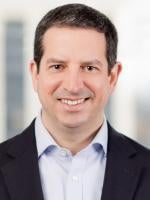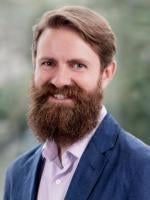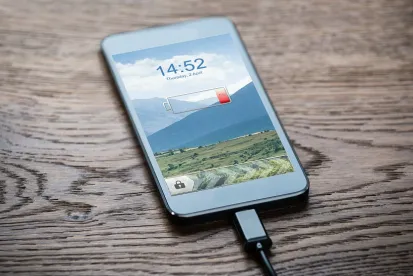In an immediate victory for mobile phone manufacturers and service providers, and with implications for any other case involving expert testimony in the District of Columbia, the District of Columbia’s highest court abandoned the nearly century-old Frye test for admitting expert testimony in favor of the Daubert approach as embodied in Rule 702 of the Federal Rules of Evidence. See Motorola, Inc. v. Murray, No. 14-CV-1350 (D.C. Oct. 20, 2016). The decision to adopt the federal standard—following 39 states that have done so—came in an interlocutory appeal in litigation in which Plaintiffs allege long-term exposure to mobile phone radiation causes brain tumors. The newly adopted standard likely means an uphill battle for Plaintiffs and their causation experts in this litigation.
The litigation at issue involves 13 cases consolidated under the lead case, Murray v. Motorola, et al.,in which each Plaintiffhas a brain tumor, or represents the estate of someone who died with a brain tumor, allegedly caused by exposure to radiation emitted by mobile phones. Defendants are various wireless trade associations, mobile phone manufacturers, and service providers. Although no court in the country has found mobile phone use causes brain tumors, Plaintiffs offered testimony from experts in various fields to support the causal connection.
Under Frye and Dyas, a 1977 District of Columbia decision interpreting Frye, “expert testimony is presumptively admissible if the subject is beyond the ken of an average layperson, the expert is qualified to offer an opinion on the subject, the expert uses a methodology that is generally accepted in the relevant scientific community to arrive at his opinion, and the probative value of the expert’s testimony is not substantially outweighed by the risk of undue prejudice.” Once a methodology was deemed generally accepted, courts were more likely to admit future testimony based on that same methodology without necessarily looking at the way the expert applied it. Rule 702 does not require general acceptance; rather an expert must apply reliable principles and methods to the facts of the case. Each case requires a fresh look at the application of the methodology. A novel methodology could be admissible under Rule 702 so long as the expert applies the methodology reliably.
D.C. Superior Court Judge Frederick Weisberg held a four-week evidentiary hearing on Defendants’ motions to exclude Plaintiffs’ general causation experts. See Murray v. Motorola, Inc., 2001 CA 008479 B (D.C. Super. Aug. 8, 2014). After applying each of the Frye/Dyas factors to the experts’ opinions, Judge Weisberg concluded “some, but not all, of Plaintiffs’ proffered expert testimony on general causation is admissible,” but observed “most, if not all, of Plaintiffs’ experts would probably be excluded under the [Rule 702] standard.” Motorola, Inc., slip op. at 3. The court then certified for interlocutory appeal “whether the District of Columbia should adopt Federal Rule of Evidence 702 (or a revised Frye standard) for the admissibility of expert evidence.”
On appeal, the D.C. Court of Appeals adopted the federal approach. The Court concluded Rule 702’s focus on reliability is preferable to Frye’sgeneral acceptance standard. The Court also considered but rejected a modified Frye approach, noting the advantages in interpretation and application that come with adopting a widely used rule.
In the context of the D.C. mobile phone litigation, the Court’s decision likely means some of Plaintiffs’ experts will be excluded at least in part, as Judge Weisberg forecast after Defendants raised questions about the reliability of the methodology and opinions of some Plaintiffs’ experts. The Court remanded the cases to D.C. Superior Court for further proceedings to implement the new evidentiary standard. More broadly, having been issued by D.C.’s highest court sitting en banc, the decision is binding on all D.C. courts and represents a clean slate on the admissibility of expert testimony in cases still in pre-trial stages.





 />i
/>i
